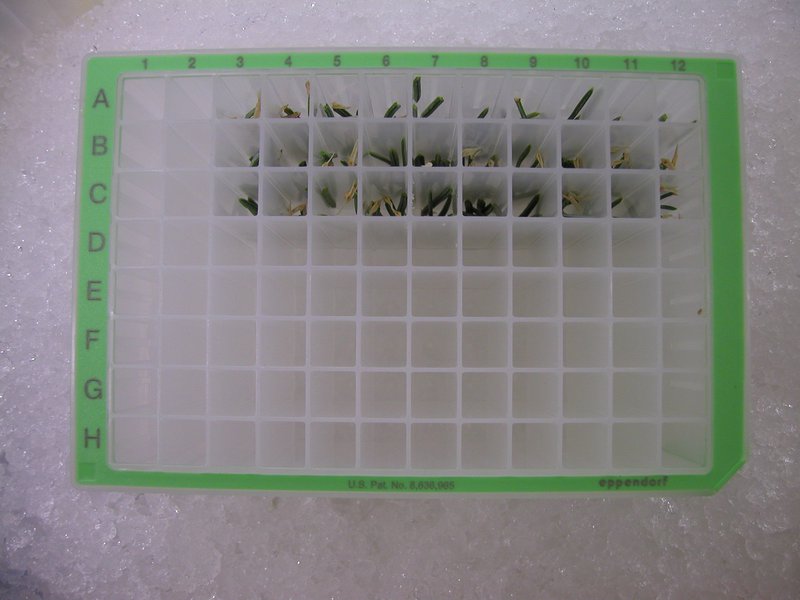DNA-based species identification
By analysis of DNA extracted from samples, Forest Research can identify the presence of cryptic or reclusive species.
By analysis of DNA extracted from samples, Forest Research can identify the presence of cryptic or reclusive species.
By analysis of DNA extracted from samples, Forest Research can identify the presence of cryptic or reclusive species. For example, this has been useful to conservationists in identifying bat species from droppings collected in roosts (including the common and soprano pipistrelle species), differentiating between red and black grouse droppings, and distinguishing between fox, pine marten and other mammal scats. Making secure identifications allows managers to make more effective land-use decisions. Species identification of tree roots has assisted in determining the cause of damage to buildings. We are currently optimising metabarcoding approaches to assess the effect of management regimes on insect biodiversity. Recent technological developments offer a way of identifying the species present in a single DNA extraction carried out on a mixed species sample e.g. that collected from a pitfall trap.

Every project has its own specific needs and we take care to discuss these with the customer at the outset of any contract. We aim to deliver the best value for money.